
A view of the booth of Semiconductor Manufacturing International Corp during an expo in Shanghai. (Photo/CHINA DAILY)
The U.S. government's reported latest move to stop U.S. companies from supplying critical raw materials to Chinese chip company Semiconductor Manufacturing International Corp highlights once again that Washington is misusing political power to disrupt normal commercial cooperation between business entities of the two countries, which would further hurt U.S. companies, experts said.
They were reacting to a Reuters report last week that quoted anonymous resources as saying that the U.S. Commerce Department had sent dozens of letters to U.S. suppliers late last year, suspending permission to sell their materials and parts to SMIC's most advanced plant known as SMIC South.
While many U.S. companies had already stopped selling to SMIC South, the letters halted millions of dollars worth of shipments of chipmaking materials and parts from at least one supplier, Entegris, Reuters reported.
Bai Ming, a researcher at the Beijing-based Chinese Academy of International Trade and Economic Cooperation, said the reported move is the latest evidence that to contain China's technological rise, the U.S. government is leveraging all means, regardless of how much pain it will cause to U.S. companies.
Entegris is the latest victim of such attempts. The company produces filters, gases, chemicals and products for handling wafers, the building blocks for making chips.
The Chinese mainland accounted for 16 percent of Entegris' net sales of about $3.5 billion in fiscal 2023, the company said in its annual report, noting that recent U.S. export regulations "have reduced our ability to sell our products in China and it is possible future regulation could further reduce demand for our products".
Bai said despite Washington's shift in rhetoric from "decoupling" to "de-risking" in key supply chains, the U.S. government continues to tighten its controls over chip exports to China.
The U.S. has already adopted a string of measures to contain Chinese technology companies. Apart from levying additional tariffs on a large number of Chinese products, it has included many Chinese market entities on its export control list, and imposed sanctions on Chinese enterprises.
Xiang Ligang, director-general of the Information Consumption Alliance, a telecommunications industry association in China, said the intensified attempts by the U.S. government to contain China's rise in the tech sector through export controls will hurt the interests of U.S. companies and accelerate Chinese companies' efforts for technological breakthroughs.
Wei Shaojun, president of the integrated circuit design branch of the China Semiconductor Industry Association, said the U.S.' strict chip restrictions are severely disrupting the development cycle of the global semiconductor industry and systematically fragmenting global chip industrial chains.








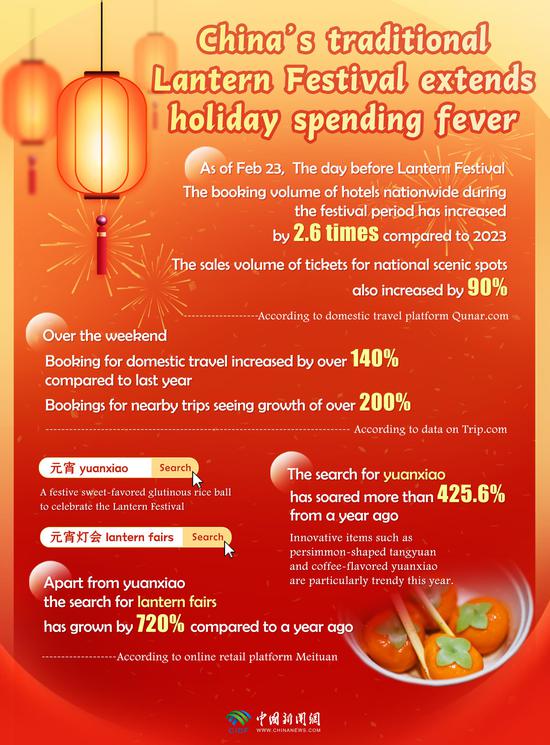

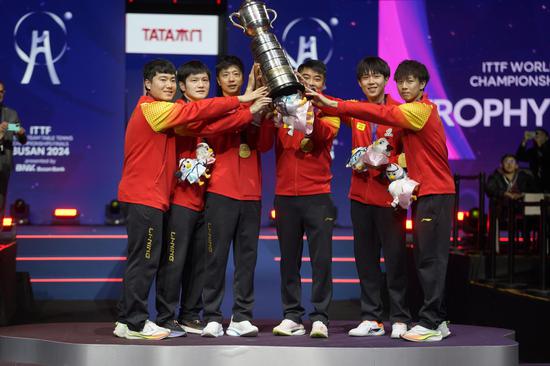







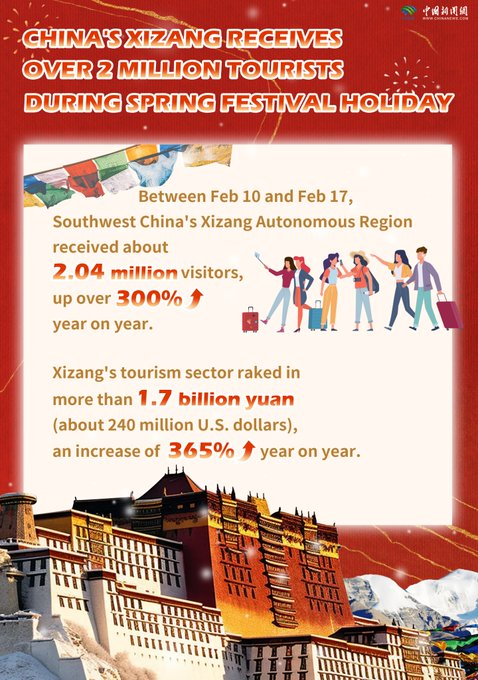
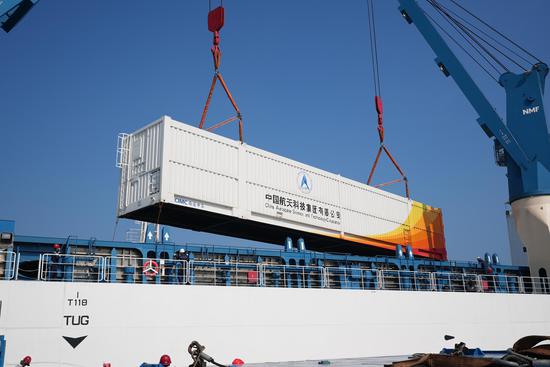






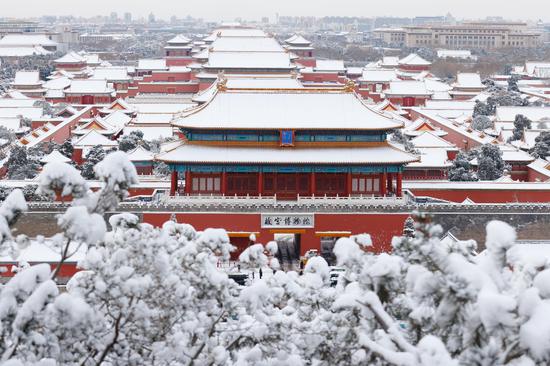



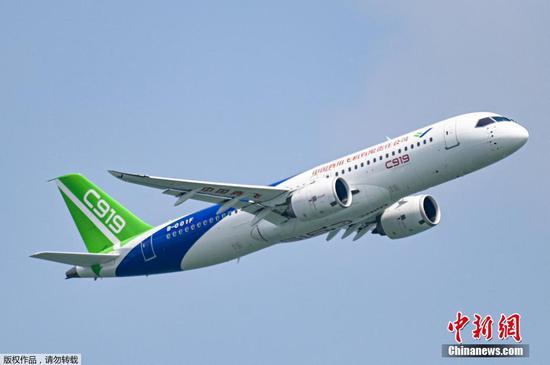



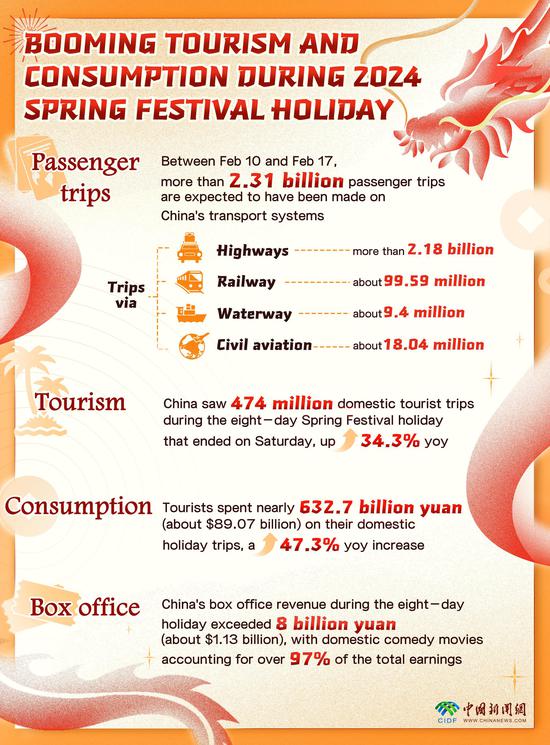







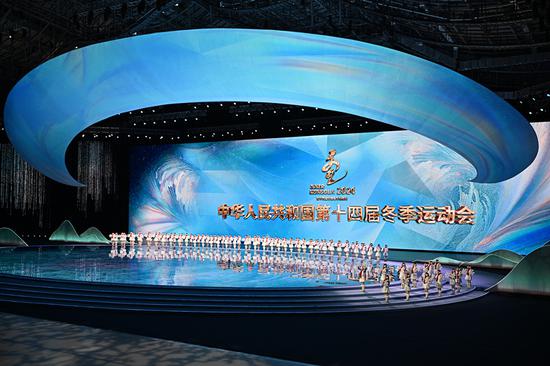







 京公网安备 11010202009201号
京公网安备 11010202009201号